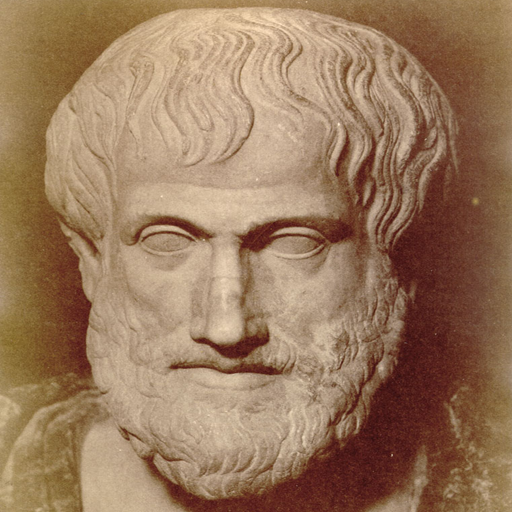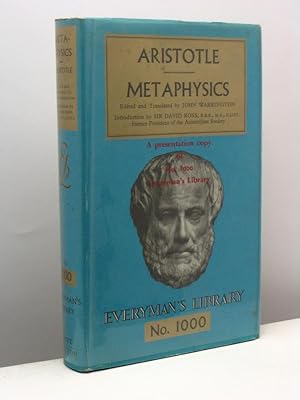


Wisdom personified as a deity in the Library of Celsus in Ephesus. For many scholars, it is customary to refer to the books by their letter names. In the manuscripts, books are referred to by Greek letters. The order in which the books were written is not known their arrangement is due to later editors. It is notoriously difficult to specify the date at which Aristotle wrote these treatises as a whole or even individually, especially because the Metaphysics is, in Jonathan Barnes' words, "a farrago, a hotch-potch", and more generally because of the difficulty of dating any of Aristotle's writings. In other surviving works of Aristotle, the metaphysical treatises are referred to as "the concerning first philosophy" which was the term Aristotle used for metaphysics. But others believe that "meta" referred simply to the work's place in the canonical arrangement of Aristotle's writings, which is at least as old as Andronicus of Rhodes or even Hermippus of Smyrna. Some have interpreted the expression "meta" to imply that the subject of the work goes "beyond" that of Aristotle's Physics or that it is metatheoretical in relation to the Physics. Subsequent to the arrangement of Aristotle's works by Andronicus of Rhodes in the first century BC, a number of his treatises were referred to as the writings "after (" meta") the Physics.", the origin of the current title for the collection Metaphysics. Many of Aristotle's works are extremely compressed and thus baffling to beginners, and many scholars believe that in their current form, they are little more than lecture notes. The work is a compilation of various texts treating abstract subjects, notably substance theory, different kinds of causation, form and matter, the existence of mathematical objects and the cosmos, which together constitute much of the branch of philosophy later known as metaphysics. Metaphysics ( Greek: τὰ μετὰ τὰ φυσικά, "those after the physics" Latin: Metaphysica ) is one of the principal works of Aristotle, in which he develops the doctrine that he calls First Philosophy.


 0 kommentar(er)
0 kommentar(er)
